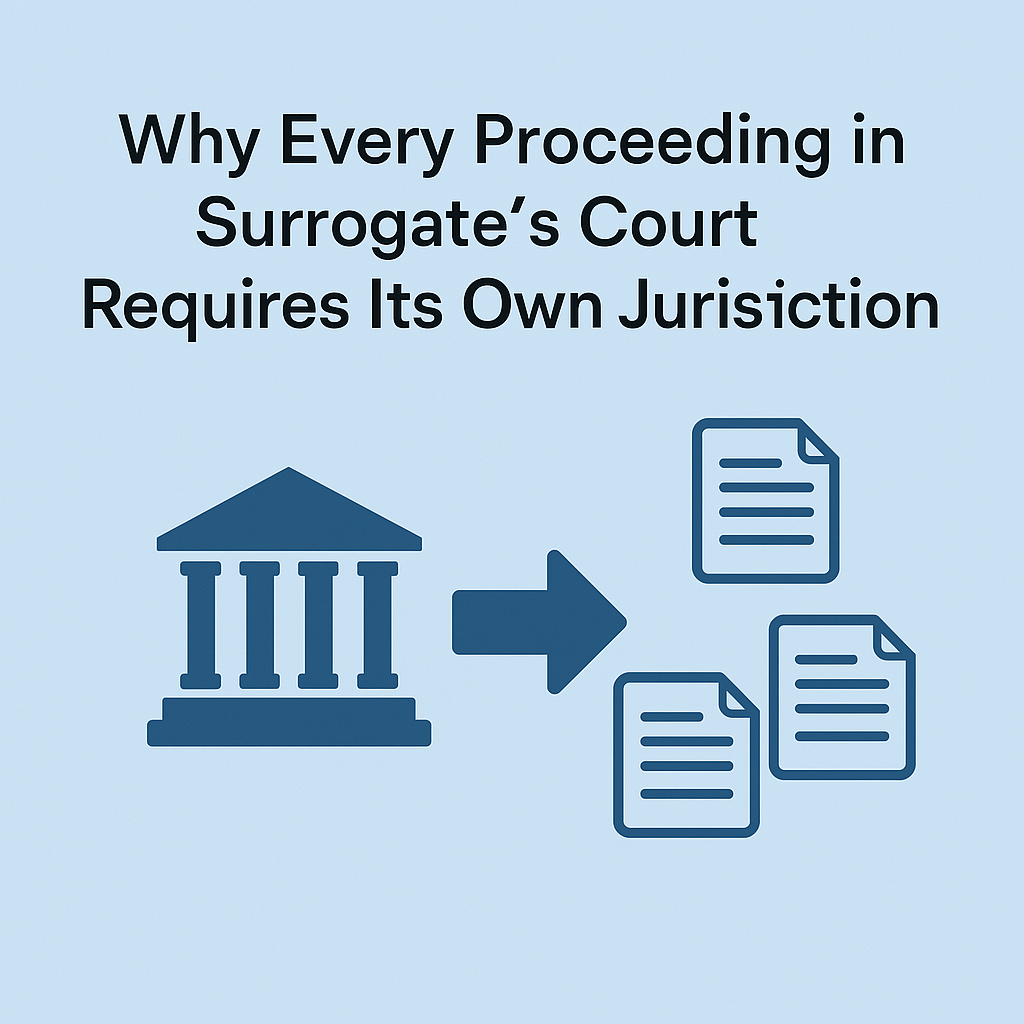In New York, executors must understand their limits when handling specifically devised property. Under state law, executors cannot sell or manage such property unless the will or a court grants them that power. Below are some important points to consider.
1. Authority Over Specifically Devised Property
Executors should not assume they have the authority to sell or manage property specifically devised to a beneficiary. Unless the will explicitly grants this power, or a court order is issued—such as in cases where the estate is insolvent—executors have no authority over specifically devised property. EPTL 11-1.1(b)(5), EPTL 13-1.3, SCPA Article 19. Executors can only manage assets when explicitly granted authority by law or the will.
2. Executor’s Deed: A Common Misstep
A frequent mistake is using an executor’s deed to transfer or record ownership of specifically devised property. This can create confusion, as it suggests the executor has authority over the property when they may not. An executor’s deed may mislead others into thinking the executor had control of the property, potentially leading to legal complications. In cases where the executor lacks authority, a confirmatory deed is a better option. It accurately reflects the transfer without implying the executor’s involvement and ensures the chain of title is clear, preventing future confusion. Learn more about why a confirmatory deed is often preferable to an executor’s deed for a specific devise in a solvent estate here.
3. Reimbursement of Carrying Costs
If an estate has erroneously covered carrying costs for a specific devise—such as property taxes or maintenance expenses—the devisee should reimburse the estate.
4. Commissions and Specific Devises
Executors should also be aware that their commissions are not generally calculated based on the value of specifically devised property. Unless a will or court grants them the authority to sell such property, they are not entitled to commissions for the sale or transfer of the specific devise. SCPA 2307(2).
5. Impact on Residuary Estate and Beneficiary Distributions
A specific devise, by definition, does not contribute to the residuary estate, so its sale should not be included in calculating the distributions to residuary beneficiaries. This principle is essential to ensuring that the executor properly allocates assets and that the specific devisee receives their due share.
Conclusion: Navigating the Responsibilities of Executors
Handling specifically devised property requires careful adherence to both the terms of the will and the limits imposed by New York law. Executors must recognize that their role in managing or selling such property is restricted unless explicitly authorized. Missteps, such as using an executor’s deed without authority or failing to allocate estate costs correctly, can lead to legal complications and potential disputes among beneficiaries. By understanding and respecting their legal boundaries, executors can help ensure the estate is administered smoothly and fairly, honoring both the intent of the decedent and the rights of the beneficiaries.
- Specific Devise
- Confirmatory Deed
- Deeds
- Devise
- Estate Administration
- Estates
- Executors
- Executor's Deed
- New York
- Real Estate
Hani Sarji
New York lawyer who cares about people, is fascinated by technology, and is writing his next book, Estate of Confusion: New York.





Leave a Comment